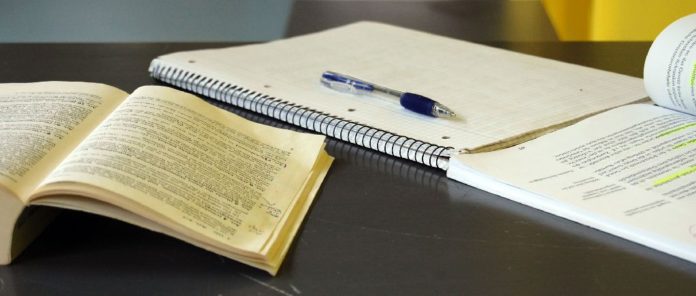Keep yourself motivated
- Vary the material you revise: from the difficult to the more familiar. This makes it more interesting and small chuncks are easier to remember. Use cards to make notes of key points.
- Read your essays and other assignments to get yourself in the right frame of mind. Reflect on your feedback, both the positive points and those you need to improve – repeat the former, try to change the latter!
- Study alone for some of the time, but also in a group occasionally, if this suits you. Discussing ideas often helps clarify them, and the process will also help you see how much you really do know!
- Take regular breaks but be strict about returning to your revision: Even when you are on a break your mind will keep working – often sorting out complex ideas!
- Give yourself treats to keep you going: An evening at the cinema or reading a novel, going for a long walk, cooking your favourite food.
- Attend revision classes. Find out if your tutors have organised revision sessions for you and make the most of these opportunities.
Make sure you understand what you’re learning
- Check over your notes from reading and lectures and make sure they make sense to you. If you’re not sure about anything it’s better to find out early when you will still have time to do more reading or ask your tutor for help.
- Practise telling someone else what you have learnt, this is a good way to discover what you really know and find out where the gaps are.
- Set yourself mini-tests in your revision to check what you’ve learnt.
- Use your own words and make up your own examples in your notes. This will help you remember the material and ensure you really understand it.
-
Practice Exams and past papers
- Look at past examination papers. You can access papers online through the past exam papers website. However, make sure you read the instructions carefully on the day of your actual exam and be aware that the format of the exam may be slightly different to previous years.
- Try writing plans and full answers to previous questions with and without your revision notes.
- Practise planning the framework for your answers. Use lists to compare points for and points against a statement.
- Practise in exam conditions. Try answering a previous exam paper within the time, not overrunning and not breaking off for cups of coffee. It is much easier to do something like this `for real’ if you’ve done essentially the same thing `for practice’ before.
-
Techniques for remembering information
- Mnemonics can be a helpful way to memorise facts. The first letter is used to create a phrase or word that you can more easily remember. For example, Richard Of York Gave Battle In Vain (colours of the rainbow in order: Red, Orange, Yellow, Green, Blue, Indigo, Violet).
- Association. Some students find it helpful to associate sounds or images with the information they are learning or to use notes / mind maps as a visual memory trigger.
- Record information you need to remember and then you can play it back to yourself.
- Organised notes. The way you organise your notes can be a helpful memory trigger so think about a structure that makes sense to you and your understanding of the module.
http://baseeducation.org
















































